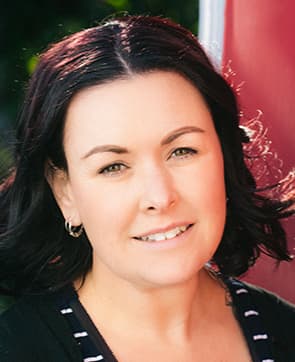Medicinal cannabis access easier with opening of pain clinic

A medicinal cannabis company has opened a centre in Nelson for those who suffer pain to seek relief through cannabis product.
Medical Kiwi has opened The Pain Clinic on Bridge St for the public to be able to seek medicinal cannabis products to manage pain.
The Pain Clinic’s clinical advisor Dr Tom Mulholland opened the clinic with a plea for New Zealanders to take medicinal cannabis more seriously for its beneficial health benefits, especially in regard to pain management, and for the fact that so many Kiwis are accessing cannabis but doing so illegally and without proper clinical supervision.
“Chronic pain costs this country more than diabetes or dementia but there is not a comprehensive plan to address it,” he says, citing research undertaken for the Faculty of Pain Medicine at the Australia and New Zealand College of Anaesthetists.
He says The Pain Clinic provides access to medical practitioners with the knowledge and confidence to prescribe medicinal cannabis for a range of conditions.
“It is time for everyone to take medicinal cannabis more seriously given what we know about the side effects of opioids like morphine and tramadol and the NSAID class of medicines like voltaren and celebrex, and about the scale and complexity of pain as a health issue in general.”
The opening of the new Nelson clinic last Monday was attended by Medical Kiwi shareholder Victoria University representative Jonathan Singh, Nelson City councillors Rohan O’Neill-Stevens, Rachel Sanson, and Tim Skinner as well as Chamber of Commerce chief executive Ali Boswijk.
It follows The Pain Clinic’s national launch in March as a telehealth service that enables New Zealanders to consult online with practitioners who have particular understanding of legally available medicinal cannabis products and can prescribe for individual patients with all the clinical supervision that is necessary.
Dr Mulholland highlighted the huge problem of Kiwis choosing to “self-medicate” with cannabis to treat pain and other conditions, with all the risks that arise from taking substances that vary widely in their type and level of active ingredients.
“On latest survey results, between 11-15 per cent of adults say they have consumed cannabis in the past 12 months, a large number of these people doing so to self-medicate without seeing a medical professional. That represents a significant health risk to people and also suggests that they are not accessing conventional evidence-based medicines that might well help them.”
He says taking medicinal cannabis more seriously would mean more responsible and careful use of pharmaceutical grade medicines and other regulated products, and less illegal consumption of cannabis overall.
He also sounded a warning on the need for much more research and trialling of cannabinoid -based medicines.
“There have been intriguing results from lab experiments looking at a number of different cancers including glioblastoma brain tumours, prostate, breast, lung and pancreatic cancers. But the big message at this stage is that different cannabinoids seem to have different effects on various cancer types, and so they are far from being a universal treatment.”
Former mayor of Nelson Aldo Miccio, chair of Medical Kiwi Limited, emphasised his company’s role on helping develop a New Zealand industry capable of producing pharmaceutical grade cannabis for Kiwis and for people worldwide.
Medical Kiwi has established a "world-class" cannabis cultivation and drying facility in Christchurch over the past two years, after plans for a base in Brightwater were put on hold.
“Today we have the most technologically advanced growing facility in New Zealand, and we are about to begin exporting pharma-grade dried flowers initially to Australia and then, to Europe,” he says.
“Our cannabis production to the highest standards, and our launch of The Pain Clinic show just how serious Medical Kiwi is about medicinal cannabis as a new category of medicines of potentially huge benefit to human health.”
The Pain Clinic provides New Zealanders with access to all available cannabis products legally available today, most being imported.
“We see a future where Kiwis benefit from a widening array of cannabinoid-based medicines, including some produced in our own country,” Aldo says.
